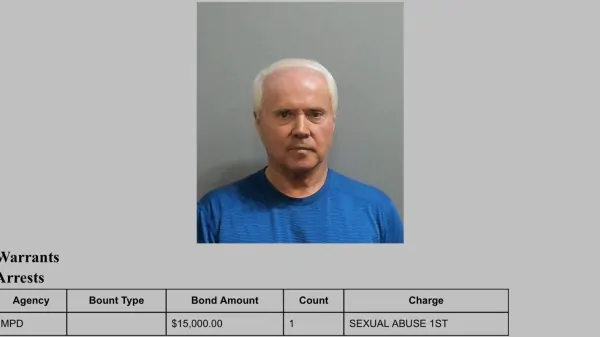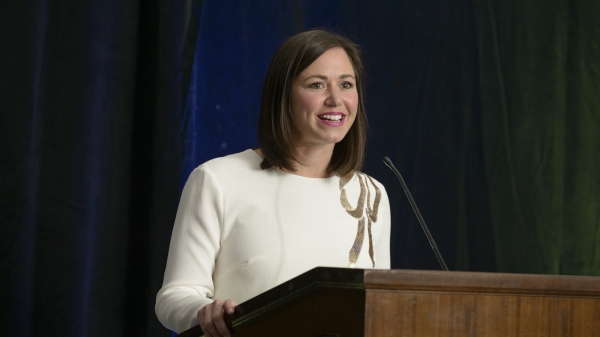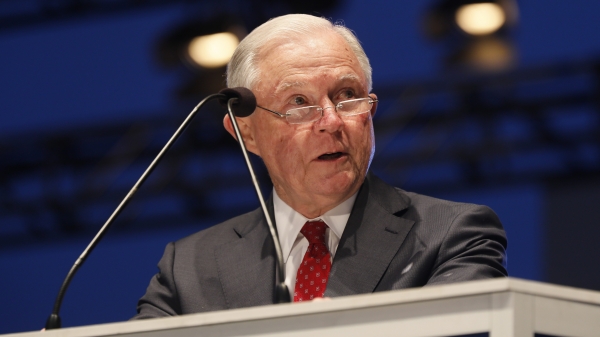Staff Report
Alabama Political Reporter
Every time there is divided government in Washington, there is a revival—among elite journalists, think-tank commentators, and respectable politicians of all stripes—of a cherished idea about how business should get done in the nation’s capital:
Get the most responsible adults of both parties in one room, shoo away the cameras and microphones, and don’t come out until the two sides have cut a deal on the most pressing problem of the day.
Call it the Split the Difference Scenario—a dream of Washington at its civic-minded best that has flourished for decades, even as the reality of Washington became ever-more snarling and contentious.
Sometimes, the dream even came true, in iconic closed-door moments: a bipartisan bargain over Social Security in 1983, a high-drama budget summit at Andrews Air Force Base in 1990, a landmark spending accord between Bill Clinton and Newt Gingrich in 1997.
The striking fact about Washington at the start of 2012 is how many people, in public and private, say they have concluded that the capital is no longer a city of splittable differences.
This sullen judgment is by all evidence driving the political strategy of President Barack Obama, formerly an apostle of a grand bargain to solve the country’s fiscal problems.
He’s being joined by a critical mass of Washington influentials—witnessing the inability of the two parties to find common ground on the budget in 2011—who are ready to discard the old ideal: Politicians huddling behind closed doors to cut deals is no longer viewed as necessarily even a desirable scenario, much less a plausible one.





















































